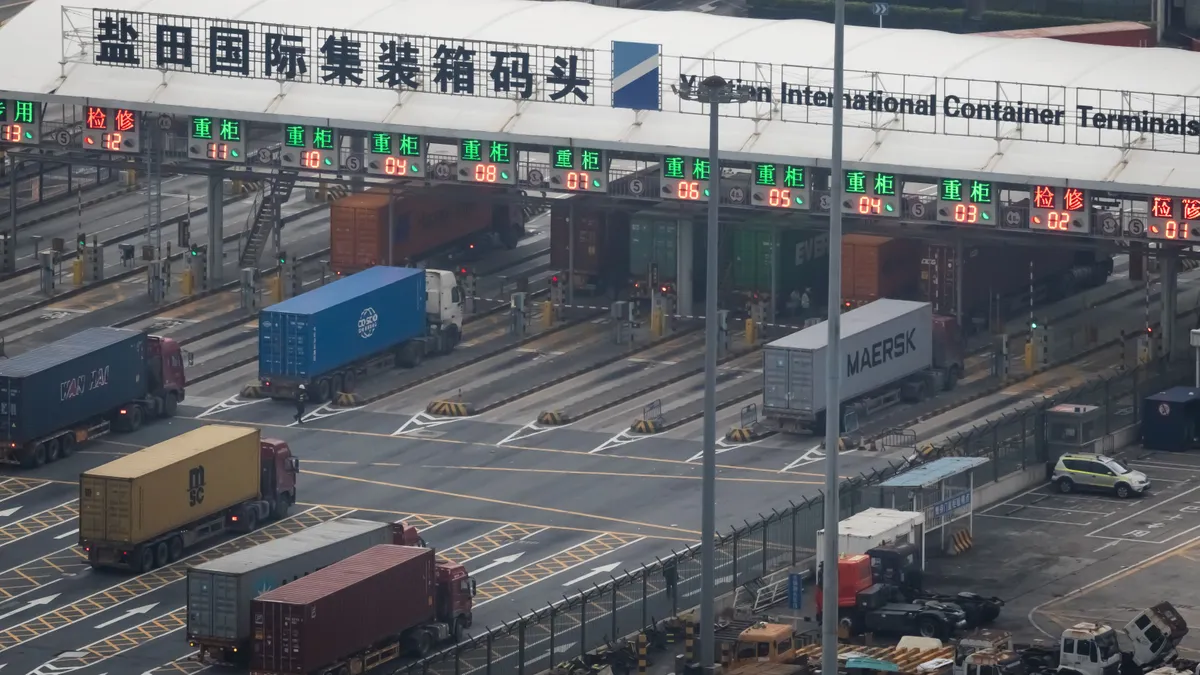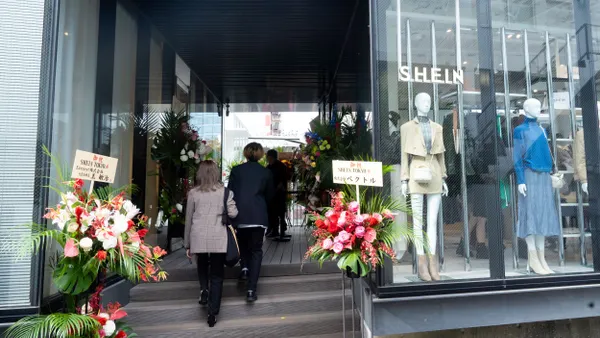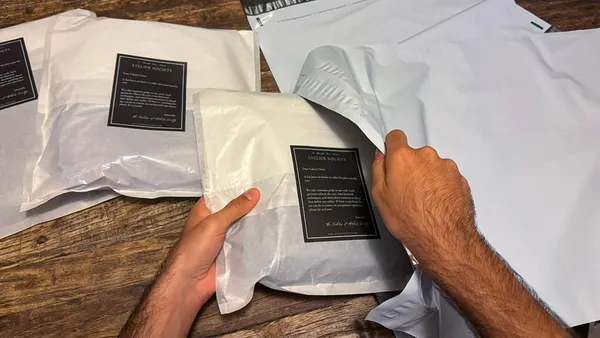The second edition of The Traceability Roadmap, TrusTrace’s open source guidebook for mapping fashion industry supply chain accountability, was released this week at the Global Fashion Summit in Copenhagen.
Created with support from brands including Tapestry, ASICS and Kharon, and published in collaboration with the global Fashion for Good initiative, the online guide includes specific strategies for beginning or continuing to implement accountability protocols. It also provides perspectives from industry executives including Sherry Fazal, senior manager of global ESG and sustainability solutions at Tapestry; Kit Conklin, vice president at Kharon; and James Crowley, innovation analyst at Fashion For Good.
The first edition, released in June 2022, outlined why the fashion industry needs traceability, and explained how it works at supplier, product and material levels, offering case studies from brands such as Balenciaga, Gucci and Adidas.
This revised version calls for increased attention to issues of sustainability, particularly in light of new global regulations that demand accountability and transparency from fashion company supply chains. In particular, the playbook notes that the European Commission’s Green Claims Directive, the Uyghur Forced Labor Prevention Act and the German Supply Chain Act will impact fashion in the near and long term. “Think beyond current legislative requirements and create a more holistic strategy that will make your businesses robust and future-proof,” states the playbook.
Some of the strategies suggested include:
- Defining company needs, goals and objectives, and developing a clear strategy toward meeting those objectives.
- Navigating legislation and compliance challenges, including the development of a data collection strategy surrounding due diligence, claims and labeling and sustainability reporting.
- Ensuring cohesive support for any traceability solution, both internal and externally, including confirming corporate readiness to implement supply chain solutions.
“In just a few short years, supply chain traceability has become recognized as the central tenet of sustainable transformation,” Shameek Ghosh, TrusTrace CEO and co-founder said in a statement released in conjunction with the playbook. “Brands that want to communicate product information with consumers, adhere to certification criteria, abide by current and incoming regulations, and avoid greenwashing can only do so by tracing their complex network of suppliers and manufacturers. Yet despite its importance, there is still a lack of understanding on implementation.”
TrusTrace works with brands and suppliers including Adidas to standardize how supply chain and material traceability data is captured, digitized and shared. Fashion for Good’s corporate partners include Chanel, Richemont, Adidas, Burberry, Inditex, Kering, PVH Corp. and Target, and it operates both a museum and an innovation platform for the industry.











